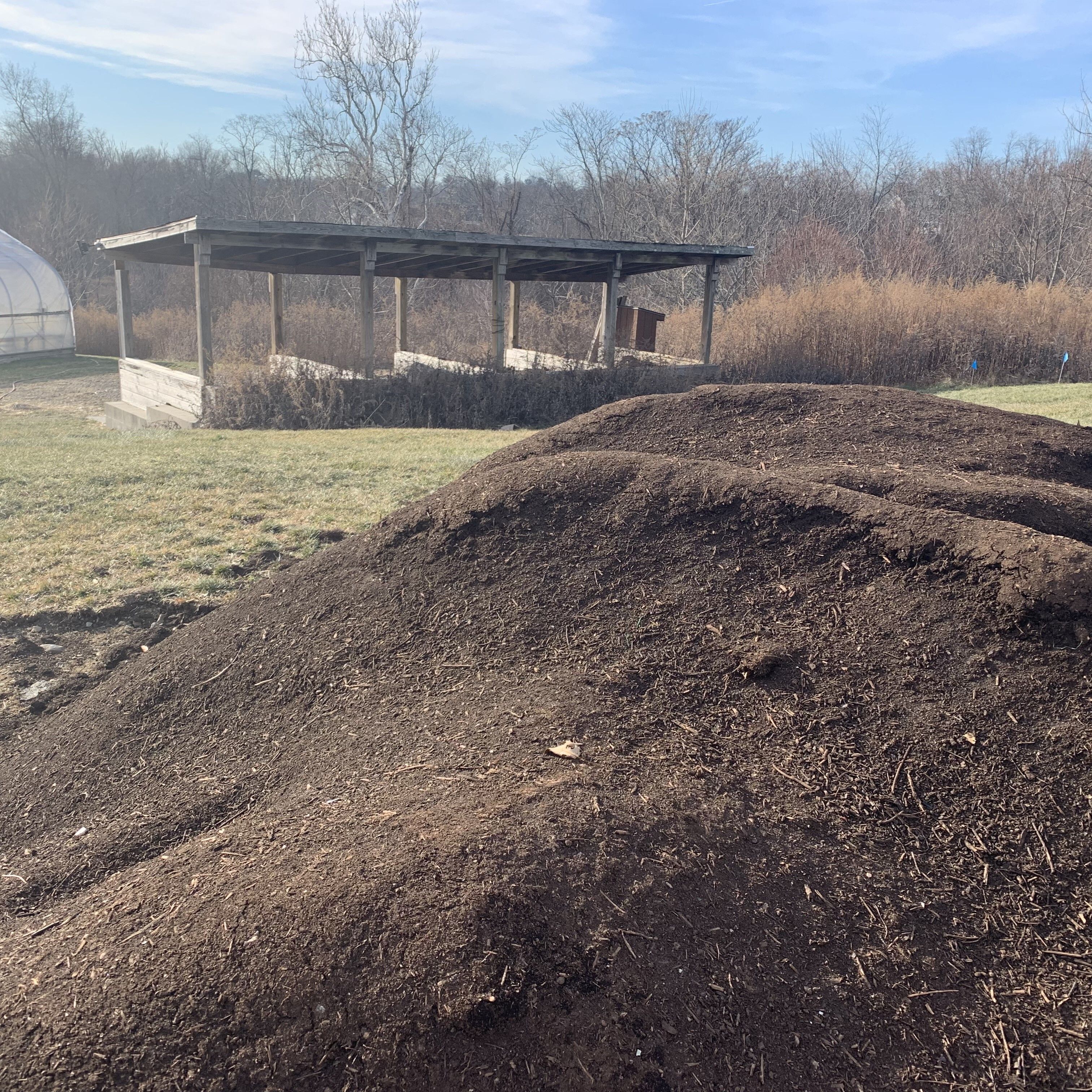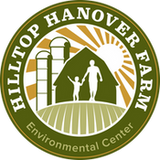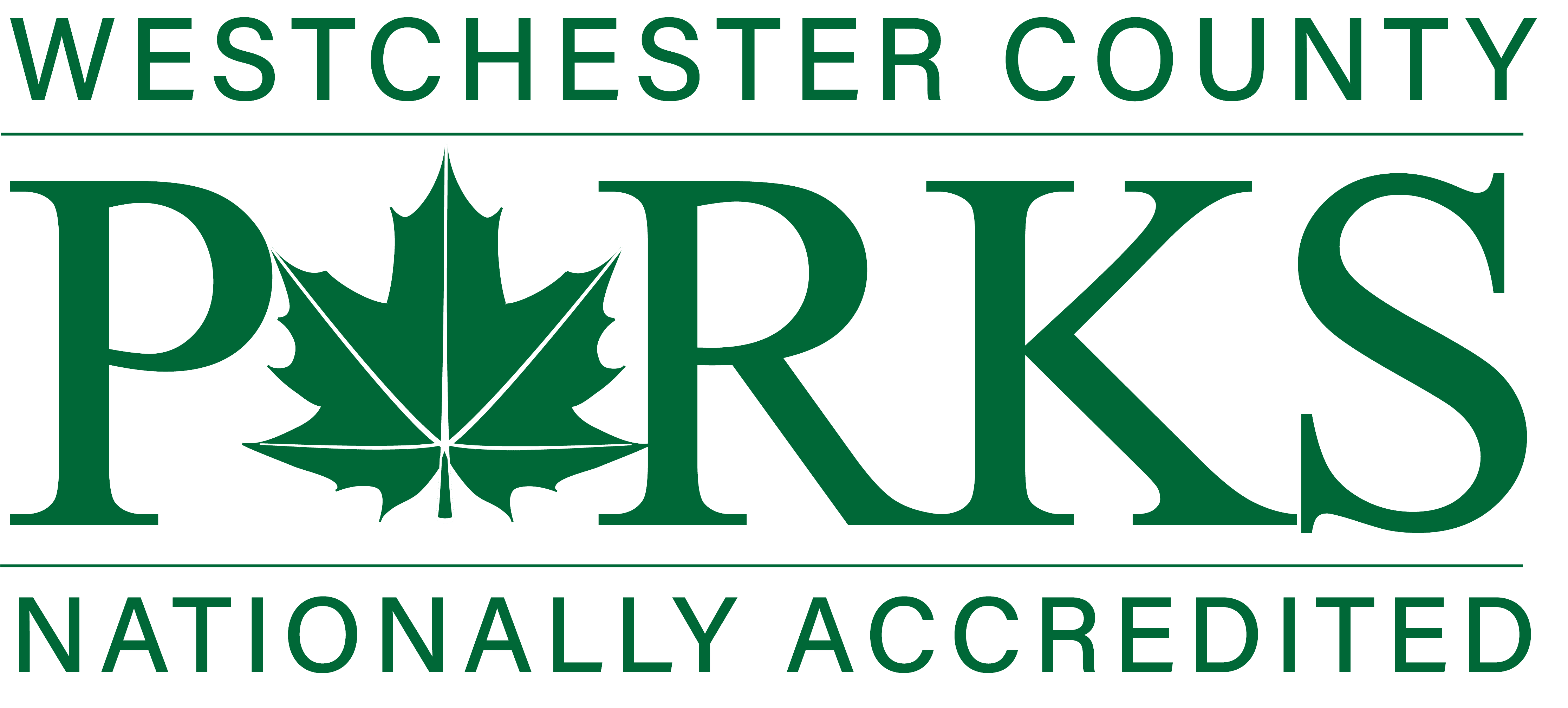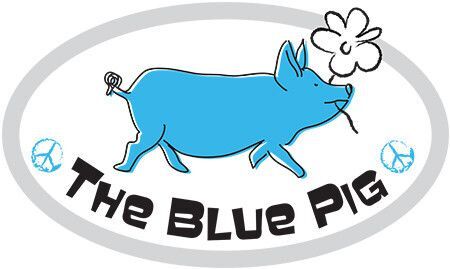
Celebrate Earthweek with a tour of CompostEd, Westchester County’s food waste compost demonstration facility!
On Sunday April 23rd, join Westchester County Department of Environmental Facilities for a tour of the Compost Education Facility (CompostEd) in Valhalla. Participants can expect to learn about the benefits of organics recycling, the science behind composting, and how residents can participate in organics diversion programs in Westchester County and compost at home! Tours offer a hands-on immersive experience that is fun, educational and sure to leave participants thinking more about composting.
CompostED is an educational compost facility created to teach residents, municipalities, and students about the benefits of organics and food waste recycling. Up to 2 tons of food scraps are diverted from the waste stream every week through CompostED, where it is transformed into high quality compost used to grow food for the food insecure and beautify public spaces.
Due to limited Parking, registration is required. There will be four timeslots offered:
- 10:00am-10:45am
- 11:30am-12:15am
- 1:00pm-1:45pm
- 2:30pm-3:15pm
CompostEd is Westchester County’s small-scale food waste compost site.
Composting is the art and science of transforming organic waste into a valuable, nutrient-rich soil amendment that promotes robust plant growth. CompostEd is designed to educate residents, students, and municipal officials on the benefits of food waste recycling.
To celebrate this Earth Day this year, on Sunday, April 23rd, Westchester County’s compost specialist, Aleks Jagiello, is offering opportunities for residents to tour the CompostEd facility.
Composting at Hilltop Hanover Farm
Hilltop is fortunate to have Aleks’ ongoing support in establishing our on-site compost system. At the farm, we compost crop residue (the material left over after harvest), over-ripe produce, weeds, woodchips, manure, animal bedding, and food scraps.
We use composting bays that are approximately ten cubic yards in volume that allow the material to self-insulate, retain heat, and compost thermophilically. The ideal temperature inside a compost pile is 135F-150F. It is important for compost to reach these temperatures for pathogen and weed seed destruction. Usually, this thermophilic phase will continue anywhere from 30-60 days until the easily accessible food sources have been digested by the biology. After that, the pile cools and begins to cure until it becomes a nutrient-rich, beautiful soil product.
Oxygen is a crucial component of the composting process, which can be quickly depleted in larger compost piles. At Hilltop, we use an aerated static pile system. Our specially designed compost bays are connected to an electric fan blower that introduces oxygen into the pile from the floor. The farm’s organic matter is blended and strategically introduced into the composting bays. The added oxygen from the aeration system stimulates the biological process by encouraging aerobic decomposition. This, in turn, accelerates the composting process. Oxygen is also the key to mitigating odors during the decomposition process.
The Benefits of Composting Food Scraps
Composting food scraps is a win-win: it reduces the volume of waste that enters the municipal waste stream while recovering nutrients and nourishing healthy soil.
As trash, food scraps undergo anaerobic decomposition and create methane gas*, which is significantly more potent as a greenhouse gas than CO2.
As compost, the same food scraps contribute nitrogen to the balance of microbes necessary to efficiently break down carbon-rich “browns” like leaves, wood chips, straw, and wood shavings.
*Because Westchester County does not landfill solid waste, the elimination of biogenic methane is not the primary incentive to prevent food waste from going into the waste stream. Composting the food waste, rather than incinerating at a waste-to-energy facility, preserves valuable nutrients and organic matter, and creates a product that helps to sequester CO2.
Did you know you can compost your food waste in Westchester County?
Many municipalities throughout Westchester County offer food scrap drop-offs.







